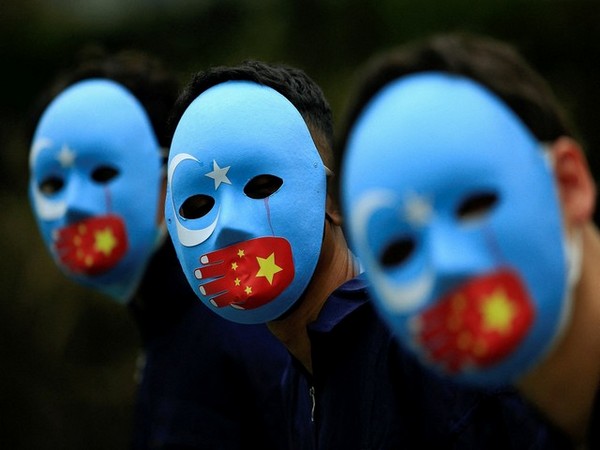Chinese media revoke entries from South Asian journalism awards
A media organization from China, Caixin Media is revoking its participation form Asia's high-profile journalism award, a report by Nikkei Asia reported.

- Country:
- China
A Chinese media organisation, Caixin Media, is distancing itself from participating in Asia's high-profile journalism award, Nikkei Asia reported. According to the same news report, this move is being initiated by the Chinese media organisation due to rising domestic pressure on those seen to be cooperating with foreign entities.
While quoting senior members Nikkei Asia report mentioned that Caixin Media, which won the Society of Publishers in Asia (SOPA) awards for five straight years from 2014 to 2018, has stopped submitting entries in recent years "for obvious reasons," two senior staff members at the company told. "We cannot submit, even if we get invitations from overseas organizations, we just cannot participate," said one of them. SOPA was founded in Hong Kong as a not-for-profit organisation in 1982, aiming to champion the best journalism practices in the Asia-Pacific region. Its members include Bloomberg, The New York Times, and several Taiwanese media outlets. State media China Daily used to be a member too.
Similarly, Shanghai-based Sixth Tone, launched by The Paper, a digital news outlet run by the state-owned Shanghai United Media Group in 2016, also did not submit any entries this year. Both The Paper and Sixth Tone dropped out of SOPA membership this year as well. The change follows a management overhaul late last year when Shanghai United Media Group set up a Shanghai Global News Network in October. Sixth Tone has since been a part of the network and is no longer under the supervision of The Paper, a senior executive from Shanghai United Media Group told Nikkei.
In reference to another media organisation 'The World of Chinese' dropping out Nikkei Asia quoted local sources claiming that "In the current political atmosphere, participating in overseas awards certainly carries political risks. I understand the choice made by the Chinese media, as survival is more important," said one prominent journalism professor in Hong Kong, who asked not to be named. Furthermore, the professor also claimed that "there are not many Chinese-language entries in SOPA already. If more Chinese language media drop out of the awards, it may have some impact on the authority of SOPA itself." However, the SOPA did not comment when asked for a comment by Nikkei Asia.
The same report claimed that, Chinese media organisations Caixin and Sixth Tone have come under serious scrutiny from nationalists for their sometimes critical reporting of Beijing. Moreover, Caixin's investigative reporting has been repeatedly attacked by nationalists for "handing a knife" -- a Chinese idiom referring to providing someone with weapons to fuel criticism of another party -- to the West to "smear China." Sixt Tone on the other hand, in several of its reports reviewing the oppressive Zero-COVID measures, used words like "baby bust," "housing crisis," "gender violence," and "COVID" which highlighted a gloomy picture of the country. The project triggered a backlash from nationalists, who attacked the outlet for "frequently winning the West-acknowledged international awards such as SOPA" with "a clear Western filter that smears China."
"The current situation is that submission for international awards like SOPA is not allowed from above, and those below are also scared to submit" a senior executive of Sixth Tone stated. He also informed Nikkei Asia that after the attack by nationalists on their outlet Shanghai, the authorities asked to write self-reflections. Luwei Rose Luqiu, an associate professor at Hong Kong Baptist University, said Chinese media's distance from SOPA indicates a further tightening of press freedom in the country, to the point where even the space for Chinese English media, which used to be relatively lenient and aimed to align with international peers, is narrowing, the report mentioned. "However, for Chinese media, whether to participate in SOPA has little impact because such awards do not affect their readership," she added. (ANI)
(This story has not been edited by Devdiscourse staff and is auto-generated from a syndicated feed.)
ALSO READ
Nepal's PM Prachanda emphasizes self-regulation in journalism, safeguarding press freedom
Environmental journalism is increasingly dangerous profession, UN chief says
Environmental journalism is increasingly dangerous profession, UN chief says
Nigerian journalist's arrest reignites concerns over declining press freedoms
Pulitzer Prizes Honor The New York Times, The Washington Post, AP for Excellence in Journalism










